...written and directed by Wes Craven, based on the DC Comics character of the same name created by Len Wein and Bernie Wrightson. It tells the story of scientist Alec Holland (Ray Wise) who is transformed into the monster known as Swamp Thing (Dick Durock) through laboratory sabotage orchestrated by the evil Anton Arcane (Louis Jourdan). Later, he helps a woman named Alice Cable (Adrienne Barbeau) and battles the man responsible for it all, the ruthless Arcane. The film did well on home video and cable and was followed by a sequel, The Return of Swamp Thing, in 1989.[4]
...
Swamp Thing received mixed to positive reviews from critics. On the review aggregator website Rotten Tomatoes, the film has an approval rating of 61% based on 41 reviews, with an average rating of 5.6/10. The site's critical consensus reads: "Unabashedly campy -- often to its detriment -- Swamp Thing is not without its charms, among them Adrienne Barbeau as the damsel in distress".[13] Metacritic, which uses a weighted average, assigned the film a score of 50 out of 100, based on 10 critics, indicating "mixed or average" reviews.[14] Roger Ebert gave the film three out of four stars.[15]
Author John Kenneth Muir notes that Swamp Thing differs in many respects from Craven's usual work, in that Craven's intent was to show the major Hollywood studios that he could handle action, stunts and major stars.[16] Craven's usual focus on the problems of family and society was substituted and downplayed in favor of pure entertainment.[17] Nevertheless, Muir points out that some of Craven's usual themes and images do appear in Swamp Thing. For example, as in The Last House on the Left (1972), and The Hills Have Eyes (1977), Craven shows a close connection between the landscape and his characters.[18]
PopMatters journalist J.C. Maçek III wrote: "As much fun as this film can be (and it often is), it's equally often difficult to ignore that Swamp Thing ultimately is, at core, a rubber-suit monster movie".[19]
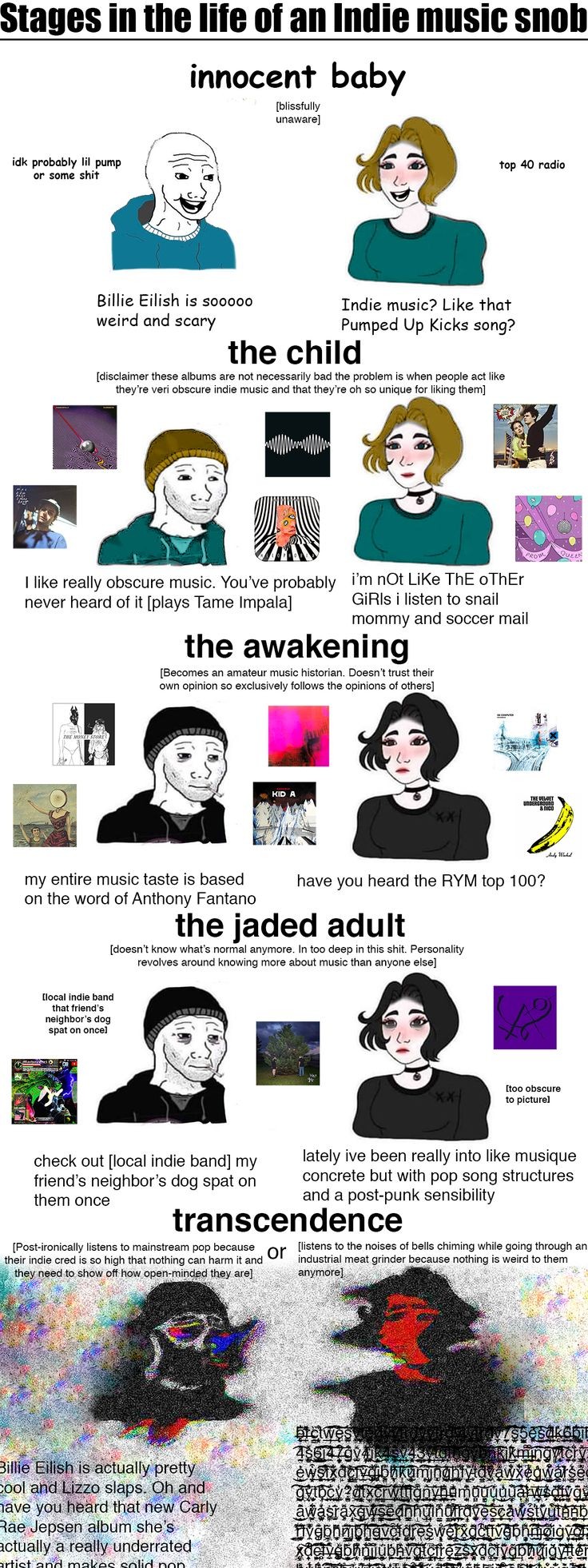
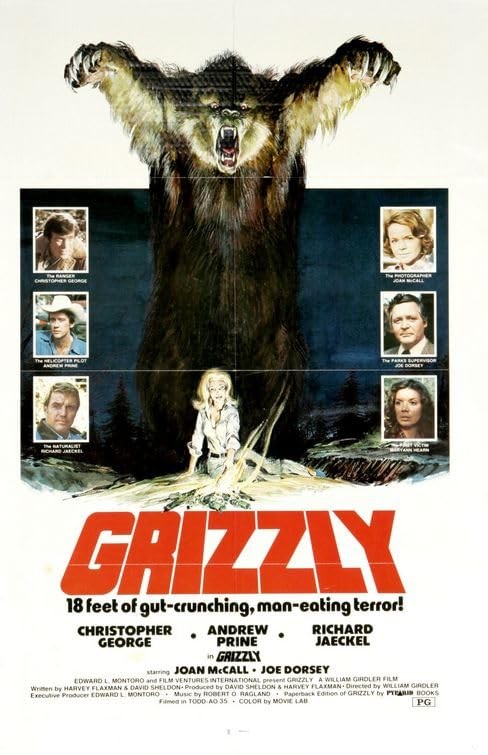
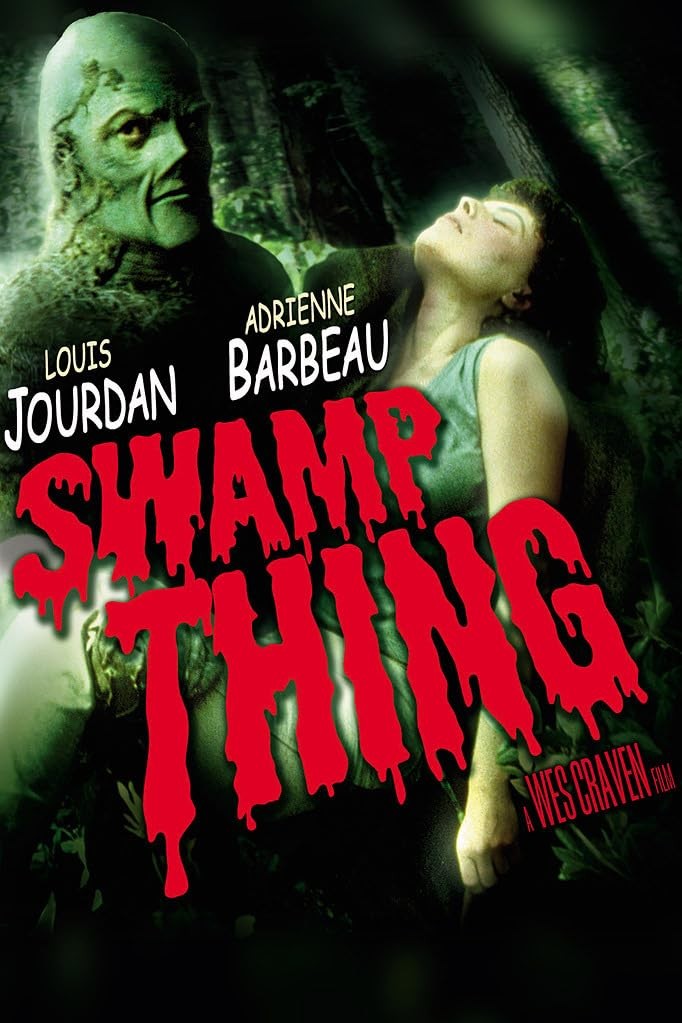

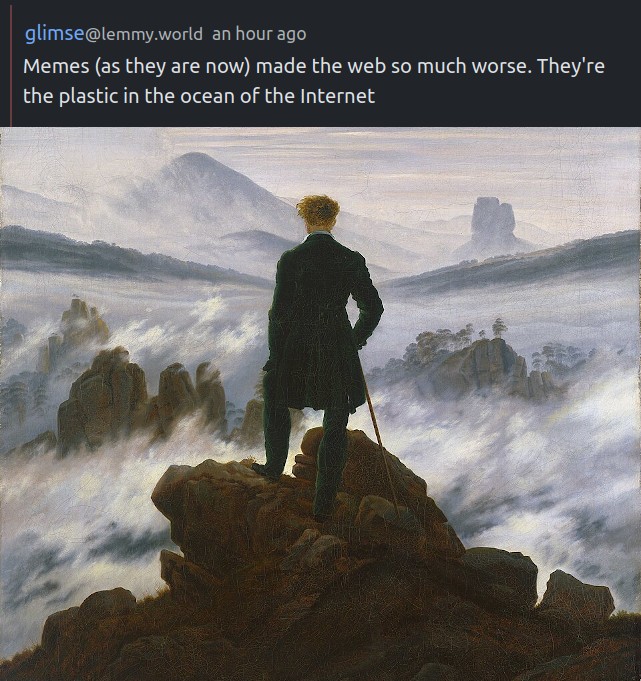

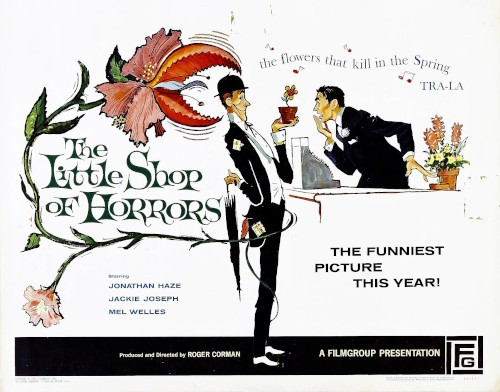
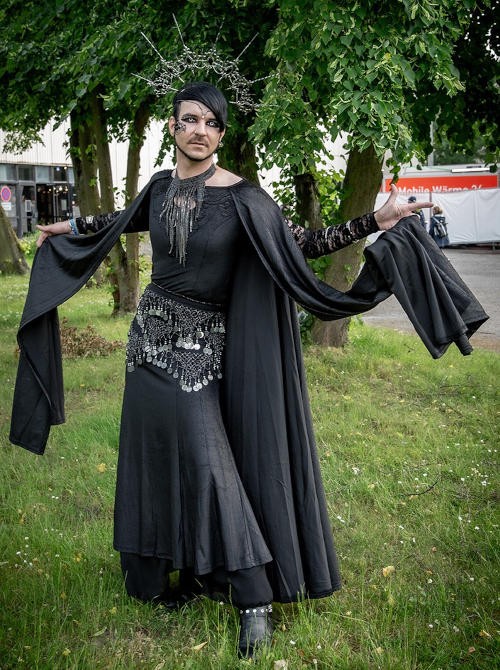
It's when you feel bad, then feel bad about feeling bad, then feel bad about feeling bad about feeling bad, etc.